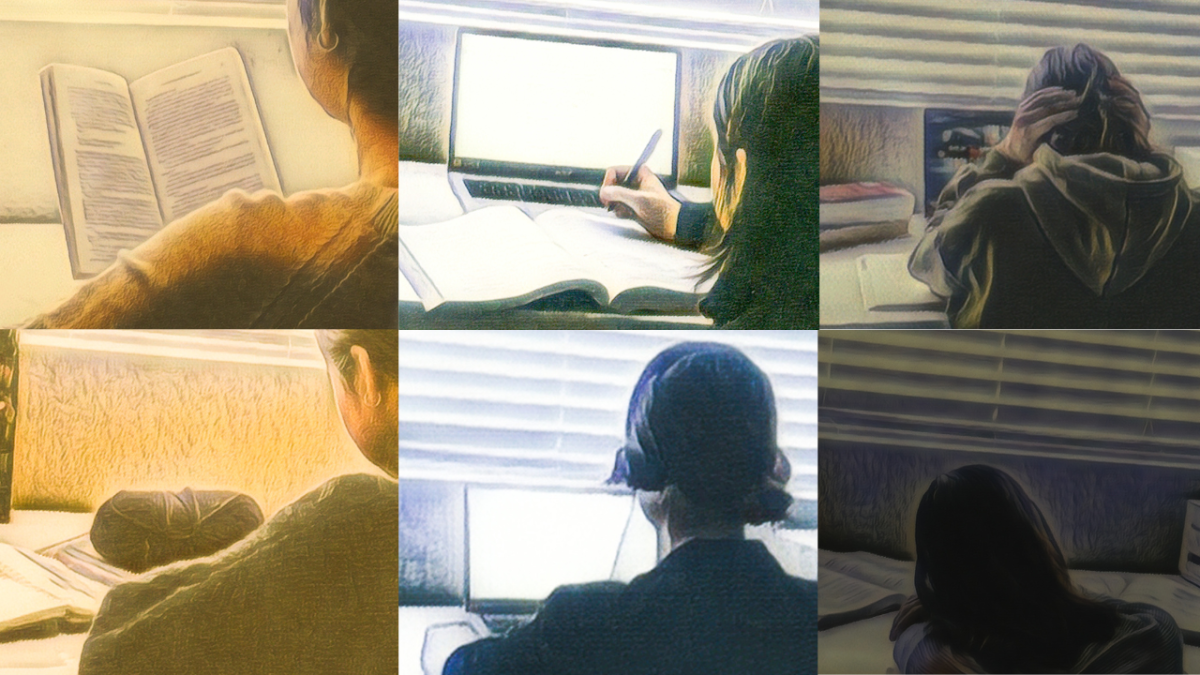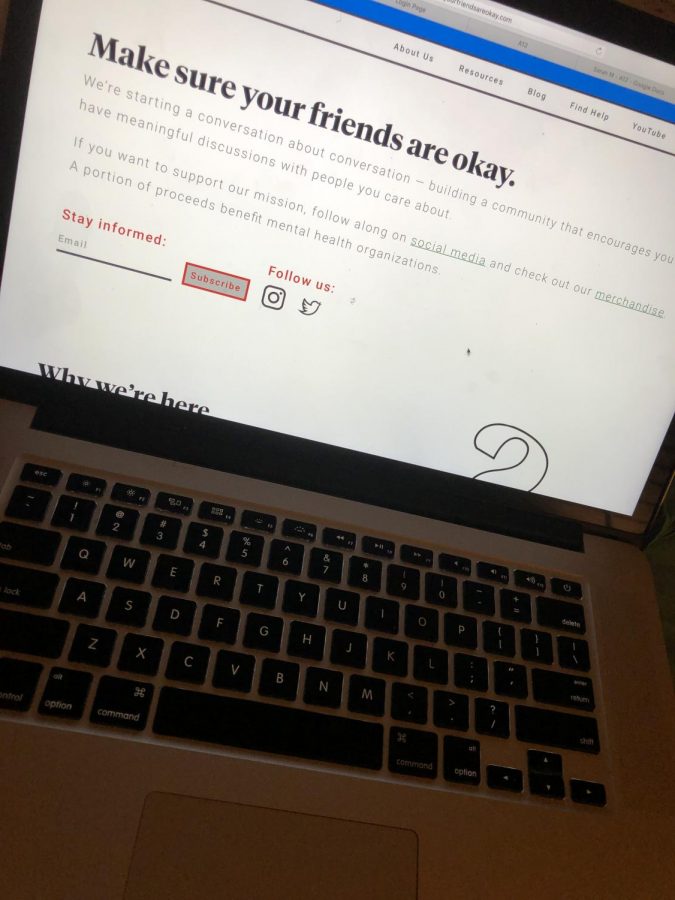The Therapeutic Benefits of Friendships
photo courtesy of Sarah Meadows
MSYFAO has a goal to “start a conversation about conversation.” Through social media, they can achieve this goal.
June 5, 2019
With increasing pressure placed on academics and “success”, it is scientifically proven that this generation is more prone to anxiety and depression. While it is true that not everyone suffers from anxiety or depression, most everyone knows someone who does. Thus, people in those situations take on the role of helping the friend in need. But how?
When a friend opens up with their problems, it is important to give personal feedback back. Even if one does not suffer from anxiety or depression themselves, no one’s life is perfect. Thus, it is important to try to make personal connections with the friend in need to show them that they are not alone and that everyone has rough patches in their life. It is simply part of life.
Next things next, it is crucial to always be an open ear and an open heart. Whenever this friend is in need of a person to vent to or a shoulder to cry on, be that person. Often times, when a person suffers from anxiety and depression, they feel that they have no one who cares. Therefore, when someone comes into their life who does genuinely care, they hold that person close to heart. So even if the talk seems repetitive, it is crucial to be that caring person and always listen to what the friend has to say.
One of the most important things is how to respond. Friends are free therapists, and often times even after countless therapy appointments, a friend’s words are held at a higher value than a stranger’s. The best advice is to put oneself in the friend’s shoes before responding. By thinking about what one must say before actually saying it, feelings avoid being hurted. For example, instead of saying “I understand,” it is better to say, “I wish I could understand your pain more.” Tell the friend that everything is eventually going to be okay, that they are strong and loved, and most importantly that you love them.
Lastly, it is crucial to constantly check up on how they are feeling. There is a social media movement called “Make Sure Your Friends Are Okay” (or “MSYFAO”), which advocates checking up on how your friends are feeling. Doing so makes the friend in need feel cared about and feel loved, which is exactly what he/she needs. Elise Eckburg (10) admitted that, “I try to check up on my friends around once a week to make sure they are doing okay.”
In conclusion, taking on the role of friendship means taking on the role caring about and loving that friend unconditionally. So take on that role. Care. Love. It’s simple.





































